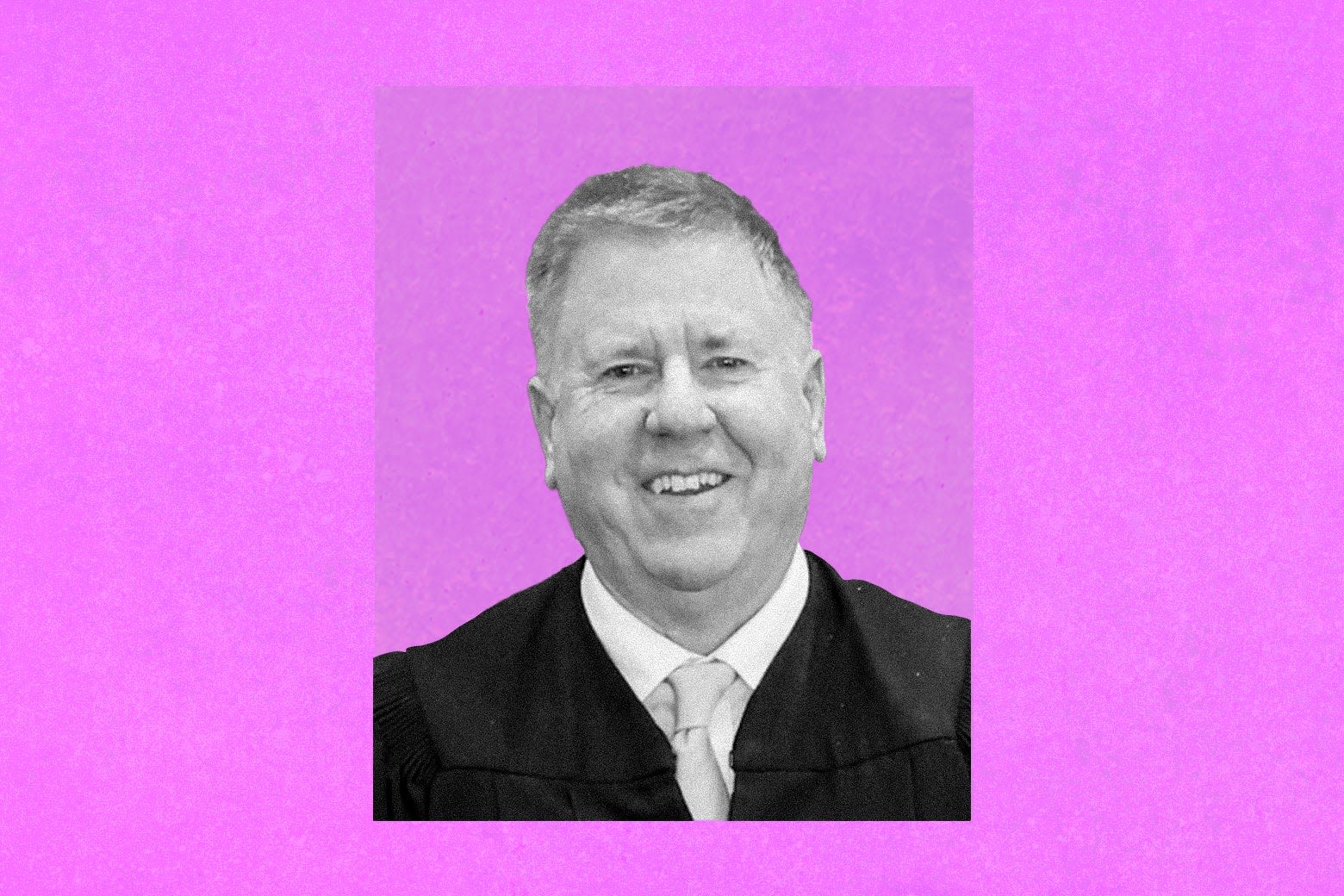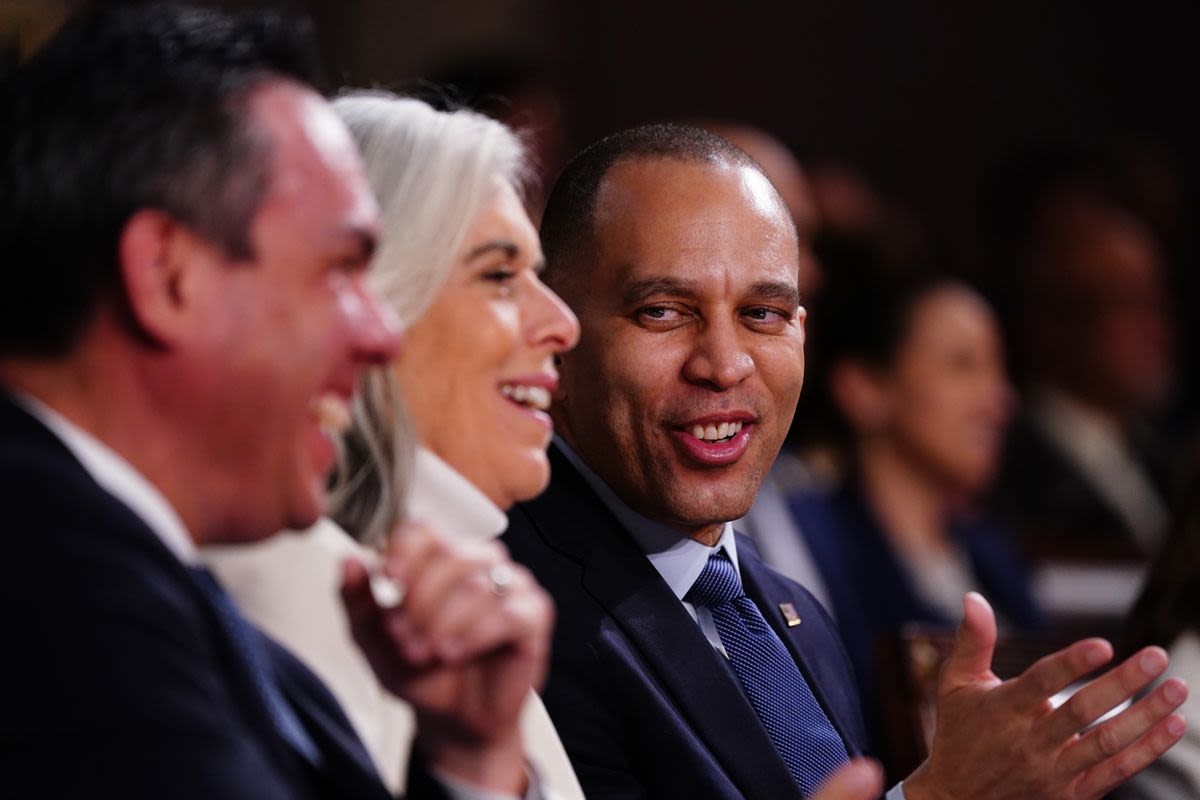Search results
- The Second Amendment to the U.S Constitution is surprisingly short. Its exact wording is: “A well regulated Militia, being necessary to the security of a free State, the right of the people to keep and bear Arms, shall not be infringed.” That’s it.
historycooperative.org › history-of-the-second-amendment
People also ask
Are arms the same as the Second Amendment?
What are the two parts of the Second Amendment?
Why was the Second Amendment enacted?
Are the 1st and 2nd amendments unlimited?
While there have always been laws restricting perjury and fraud by the spoken word, such speech was not thought to be part of the freedom of speech. The Second Amendment, by contrast, unambiguously recognizes that the armed citizenry must be regulated—and regulated “well.”
Jun 30, 2016 · Since the word “arms” means the same thing today as it did centuries ago it’s only logical the authors of the Second Amendment meant the same thing. And unlike the English Bill of Rights, there are no limitations placed on the right to keep and bear arms in the U.S. Constitution.
Amendment XXVI. Section 1. The right of citizens of the United States, who are eighteen years of age or older, to vote shall not be denied or abridged by the United States or by any State on account of age. Section 2. The Congress shall have power to enforce this article by appropriate legislation. Amendment XXVII.
The First and Second Amendments. The First Amendment is widely considered to be the most important part of the Bill of Rights. It protects the fundamental rights of conscience—the freedom to...
News about Supreme Court, originalism, Todd Eddins
News about A.J. Jacobs, Constitution, interpretation
News about Minnesota, Trump, abortion
Also in the news
For much of its early history, the Second Amendment went largely unscrutinized by the Supreme Court. The few nineteenth century cases implicating the Second Amendment established for a time that the Amendment was a bar to federal, but not state, government action, 1 Footnote United States v. Cruikshank, 92 U.S. 542 (1875); Presser v.
The Second Amendment is naturally divided into two parts: its prefatory clause (“A well regulated Militia, being necessary to the security of a free State”) and its operative clause (“the right of the people to keep and bear Arms shall not be infringed”).
Aug 3, 2018 · The words of the Constitution are, for the most part, recognizable to a modern speaker of English. The canon therefore rests on two premises: first, that there was a single meaning of the words at the time the text was adopted (for the Second Amendment, 1791); second, that this meaning is accessible to modern readers.


